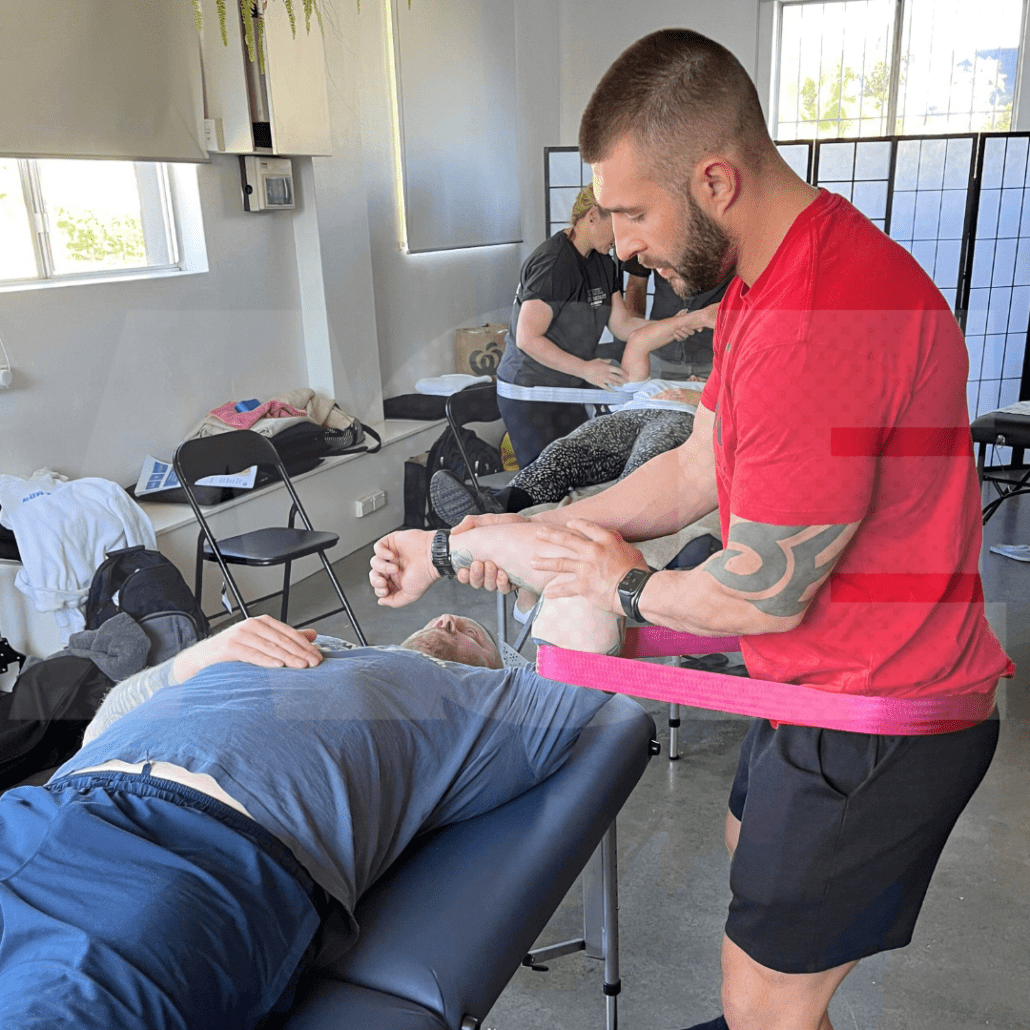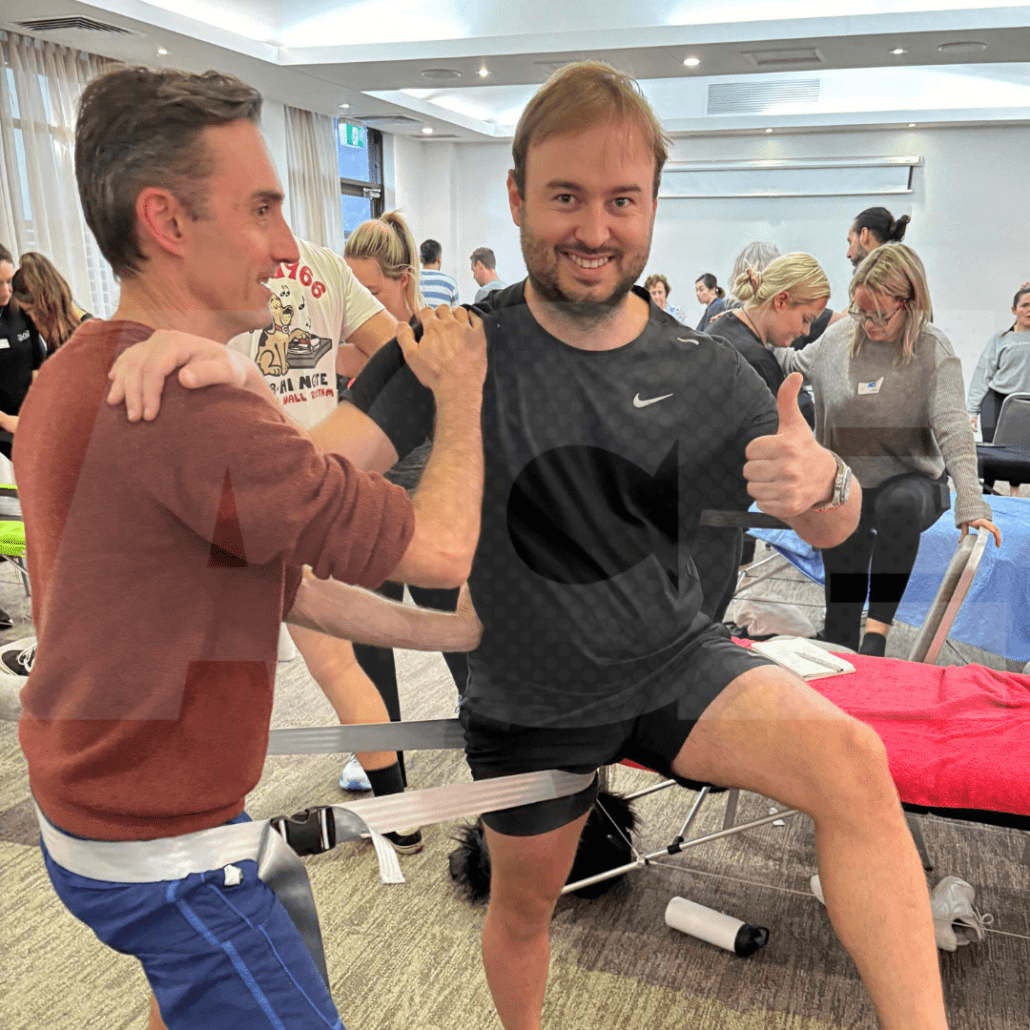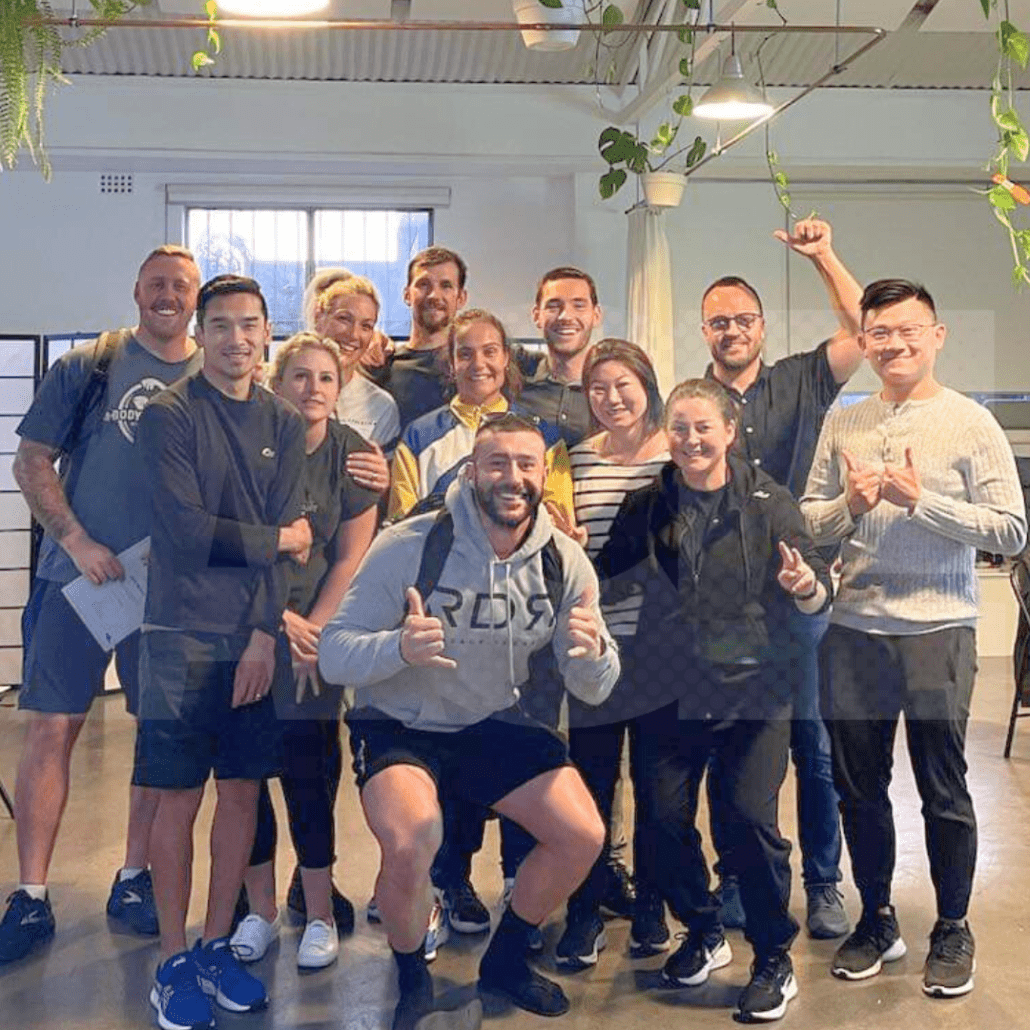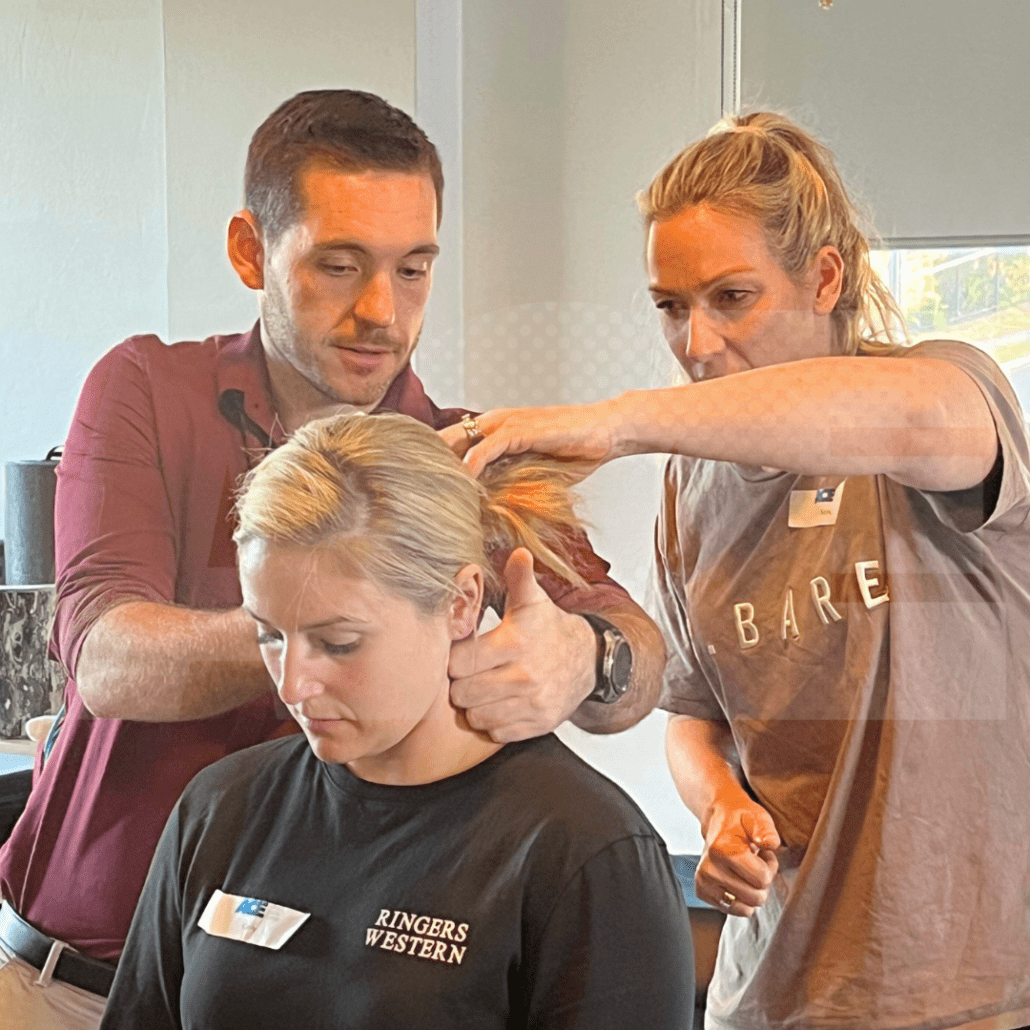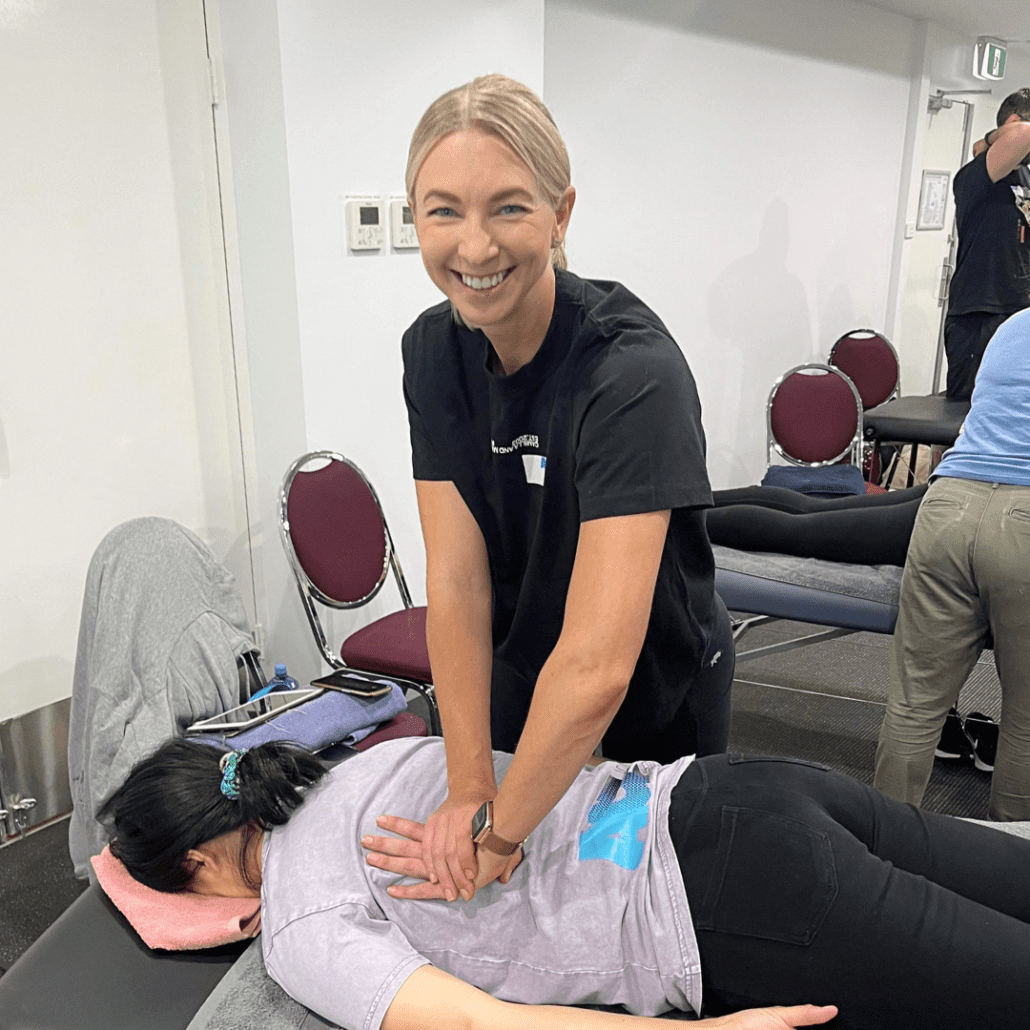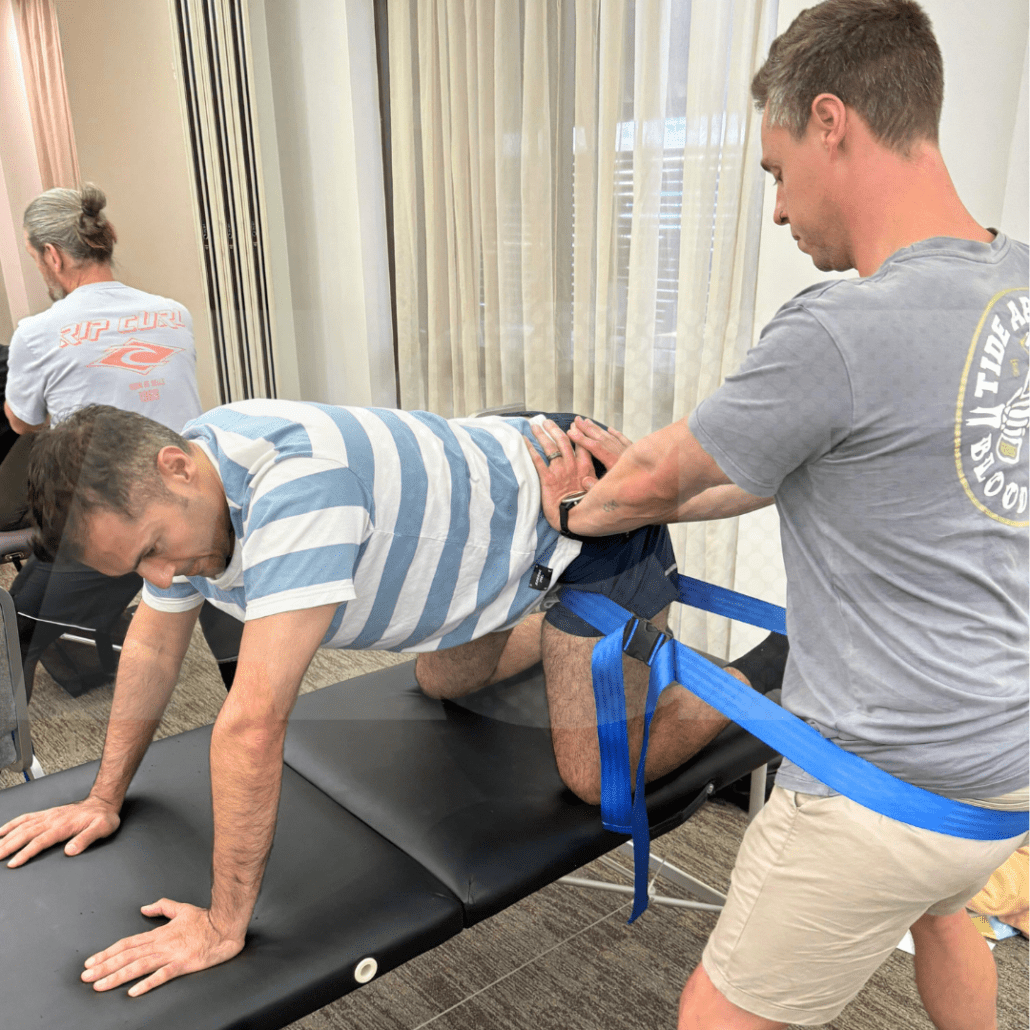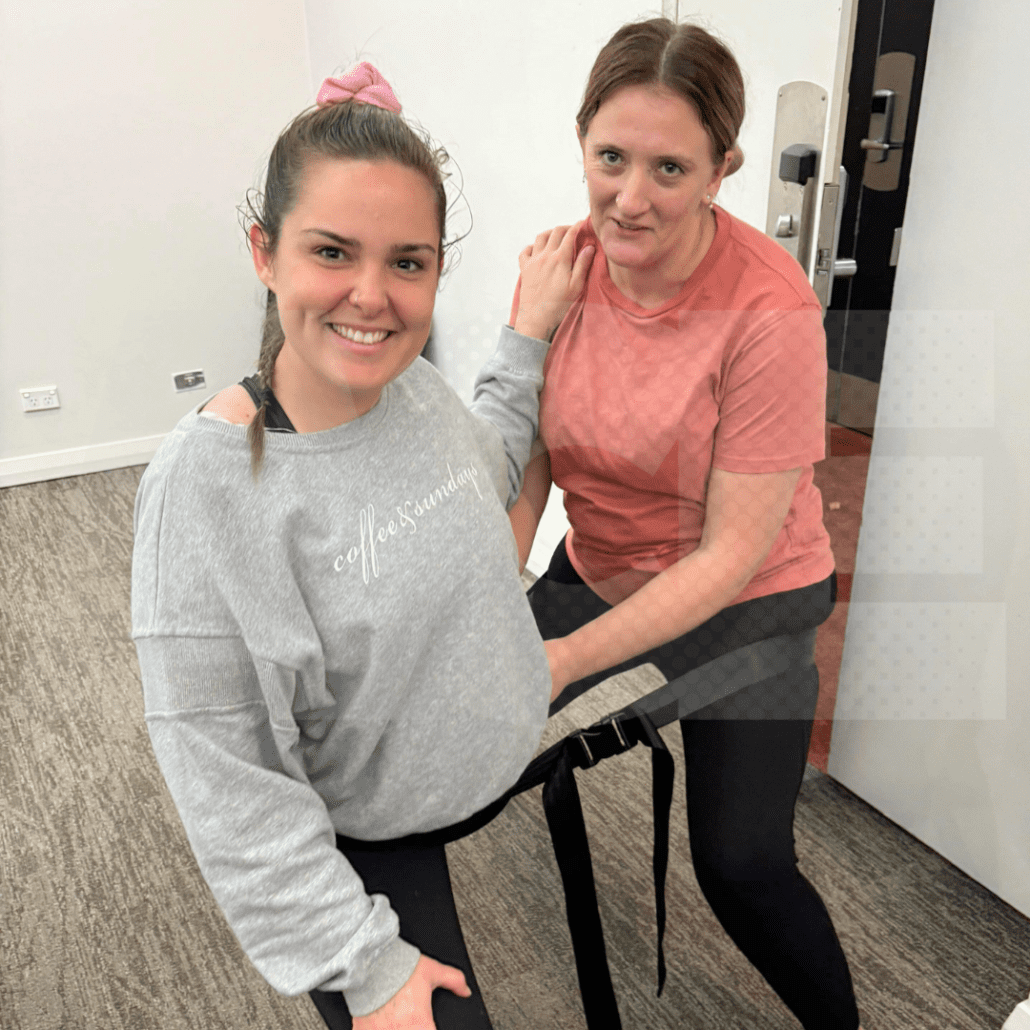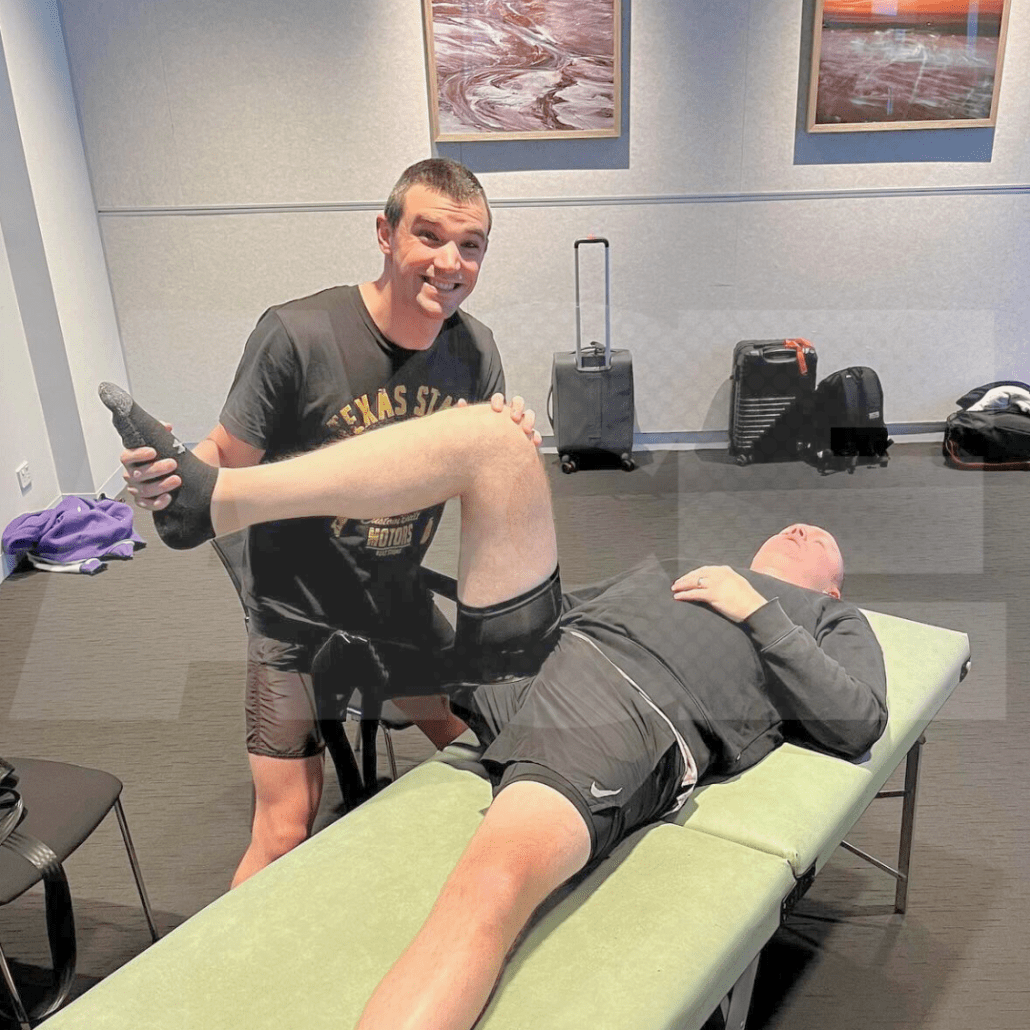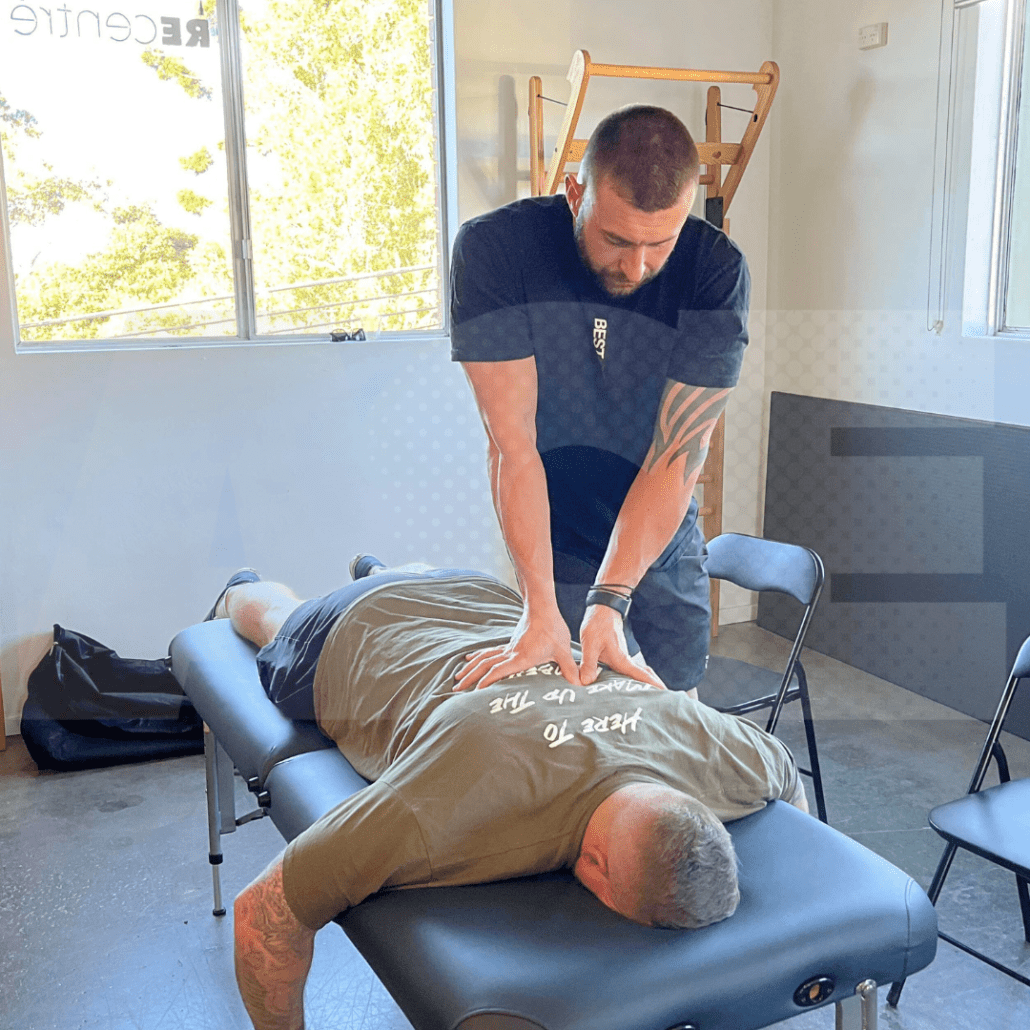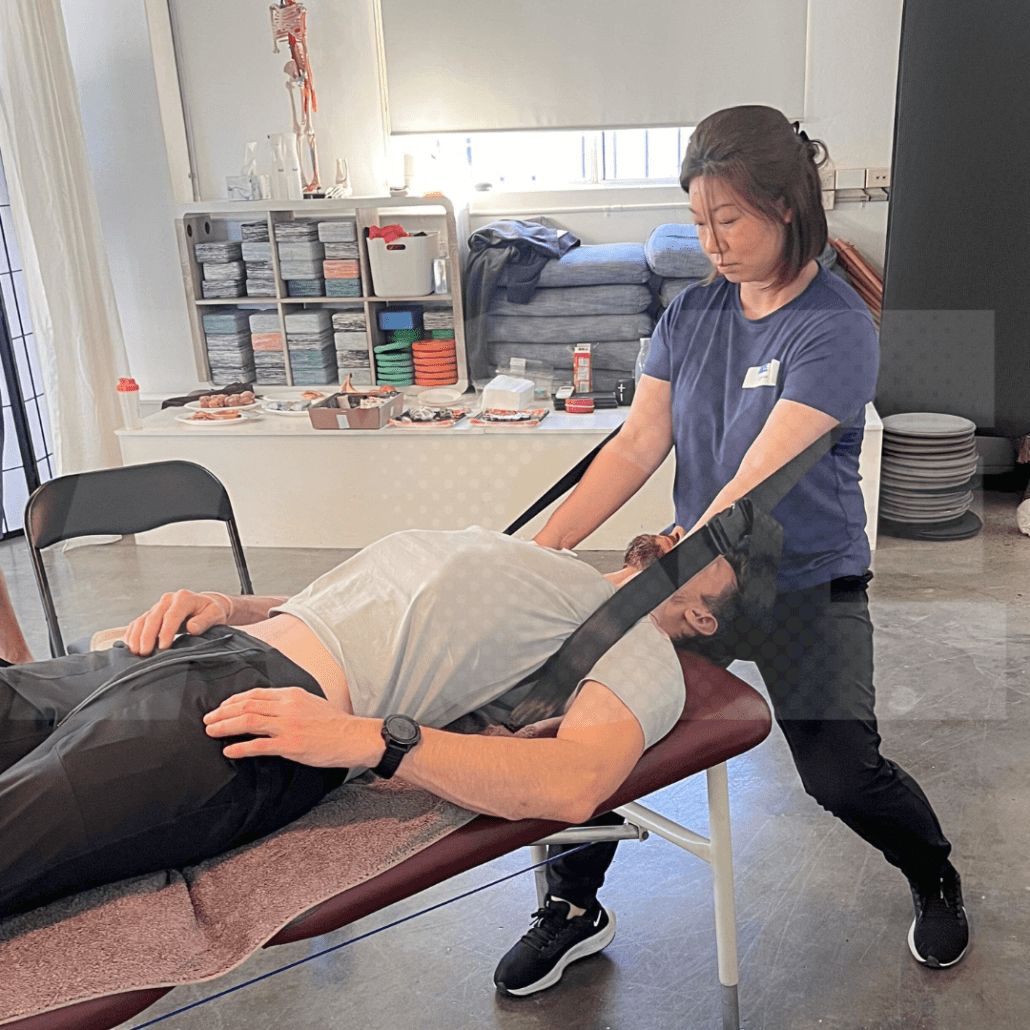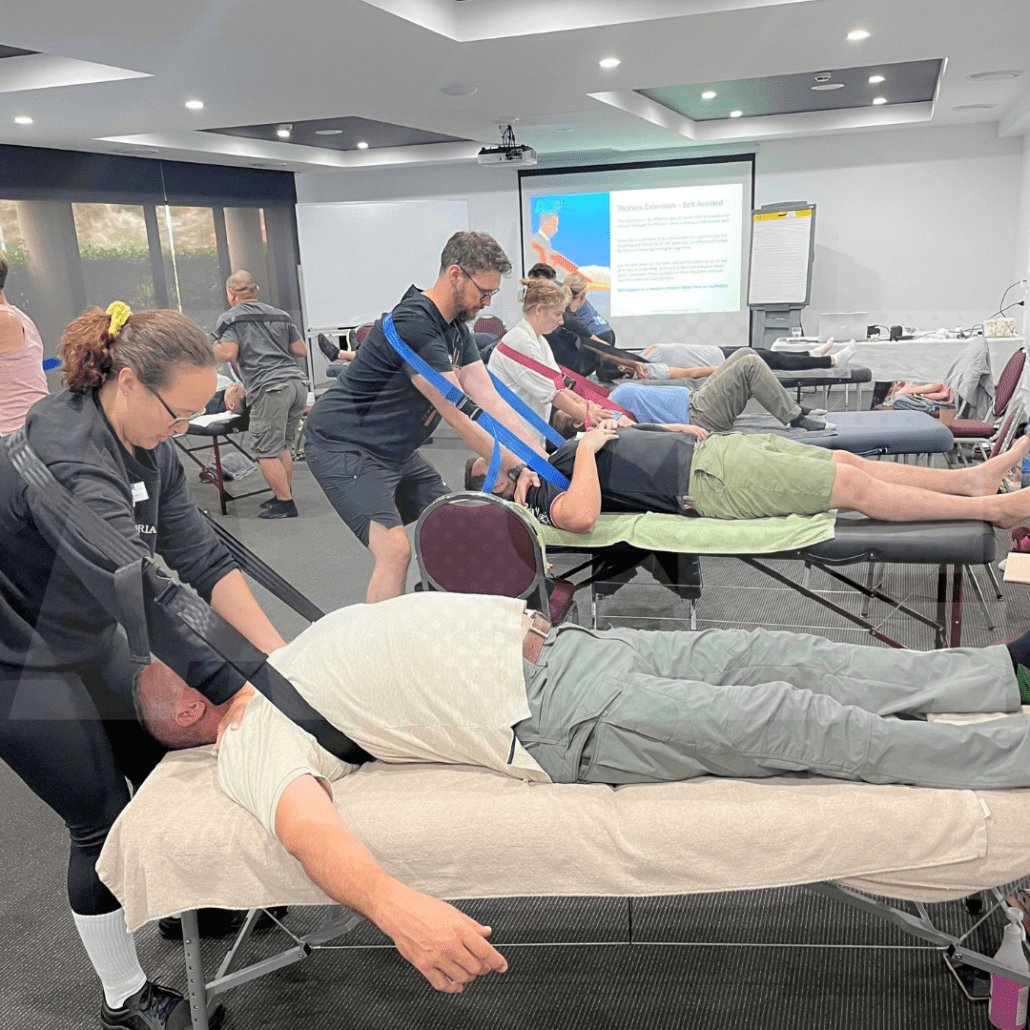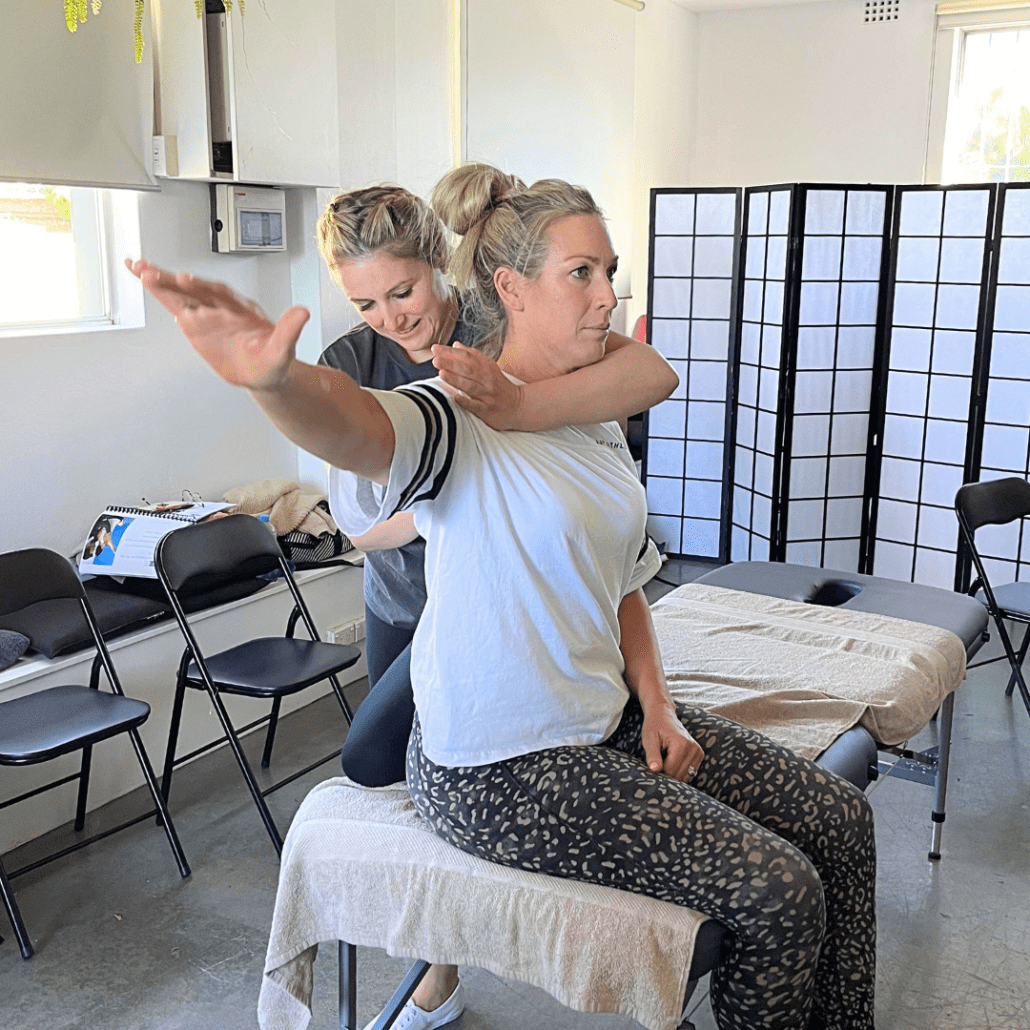Joint Therapeutics Course
This 2-day course will provide you with a practical and clinically relevant approach to treating joint related pain and movement limitation.
The Joint Therapeutics course includes passive and active joint mobilisation techniques for the whole body, with a focus on helping you make clinically reasoned decisions on when, where and why you would utilise them.
Learn how to identify joint related dysfunction quickly and effectively and then how apply the right technique with progressions, to get immediate results.
This course integrates the most current evidence relating to joint mobilisation principles and mechanism of action, with a goal oriented focus to reduce pain and improve outcomes with your patients.
This highly practical workshop covers the following:
PLUS! UPON SUCCESSFUL COMPLETION OF THE COURSE, YOU WILL GAIN ACCESS TO A COMPREHENSIVE VIDEO LIBRARY INCLUDING INSTRUCTIONAL VIDEOS OF ALL TECHNIQUES COVER IN THE 2-DAY PRACTICAL WORKSHOP.
This course is suitable for manual therapists who wish to build on their undergraduate training and develop a specialised set of skills to help patients with joint related presentations or limitations in movement.
Physiotherapists
Myotherapists
Remedial massage
Occupational Therapists
Chiropractors
Osteopaths
Exercise physiologists
English Language: Please note that proficiency in written and verbal communication in English is essential for participation in ACE courses. Being able to understand and communicate clearly in English is a requirement for safety purposes, and to ensure that you and your fellow students get the most out of your learning experience. If it is deemed that your English proficiency is not suitable for safe participation in the course, this may result in your registration being cancelled and you may not be eligible for a refund.

